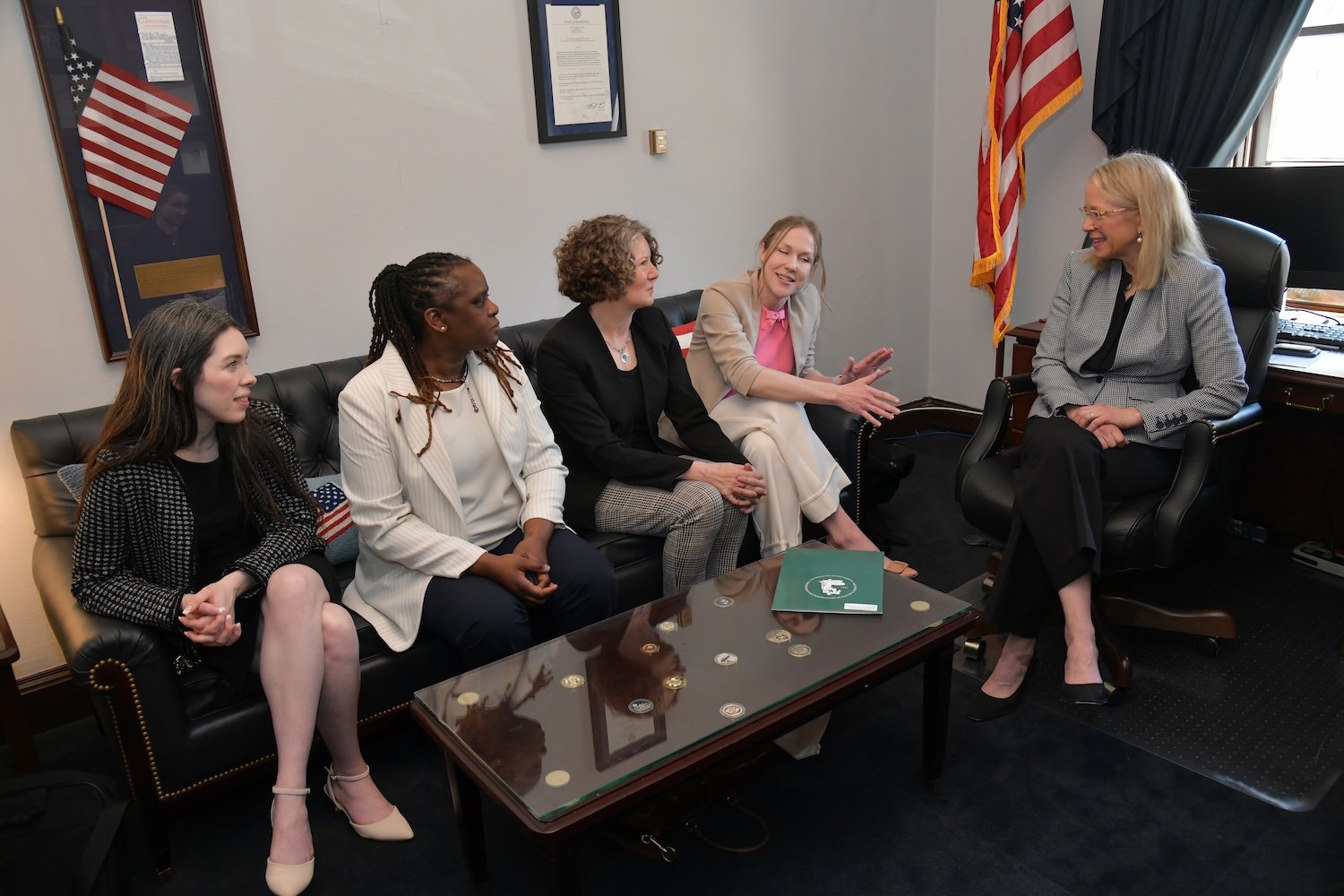abortion
Patients, OB-GYNs, and Advocates Unite to Combat Medicaid Cuts in Sexual Health Battle

Hannah Lord, a 30-year-old mother from Maine, finds herself in a constant struggle with her health. Her life often revolves around managing numerous medical appointments due to a rare connective tissue disorder compounded by premenstrual dysphoric disorder. This condition inflicts severe depressive symptoms, fatigue, and suicidal thoughts. As a single mom, she also faces the challenge of ensuring her 12-year-old son receives care for similar gastrointestinal issues.
Due to her health battles, Lord had to leave her job as a doula. She currently relies on MaineCare, the state’s Medicaid program. However, her coverage is now jeopardized as congressional Republicans advance a budget bill that proposes a $625 billion cut to federal Medicaid support over the next decade. In 2023, the total Medicaid budget stood at $880 billion, according to KFF data. This reduction poses a looming threat to Lord and millions of others who depend on Medicaid for essential health services.
As the budget bill progresses, healthcare providers and advocates are escalating their efforts to influence legislators. Recent developments on Capitol Hill indicate significant division among Republicans regarding the severity of the proposed cuts. Some far-right members argue that the reductions should be more substantial and implemented sooner than 2029.
Supporters of the cuts frame them as necessary reforms aimed at addressing inefficiencies and ensuring that resources are available for those who genuinely need them. Representative Laurel Lee, a Florida Republican, defended the changes during a House hearing, asserting that they represent logical improvements to the Medicaid system.
Data from the Guttmacher Institute reveals that over 21% of women of reproductive age in the U.S. are insured through Medicaid. This figure climbs higher among marginalized demographics, with 31% of Black women and 28% of Hispanic women relying on the program. Lord knows firsthand the difference Medicaid makes; without it, she fears her access to critical medications and surgeries will vanish.
Proposed provisions in the budget could strip Planned Parenthood clinics of federal funding, impacting millions of individuals who rely on them for vital reproductive health services. The organization previously served a significant portion of contraceptive clients in 2020. Critics, including the ACLU, argue that these cuts would gravely diminish access to essential healthcare.
Advocates stress that eliminating Medicaid funding is not only detrimental; it is unjust. Olivia Pennington, director of advocacy for Maine Family Planning, articulated concern about the impending loss of $2 million in Medicaid reimbursements, which the facility has relied on for years.
In response to these challenges, the American College of Obstetricians and Gynecologists has launched a campaign aimed at rallying public support against the proposed Medicaid cuts. This marks a departure from their usual approach, as they seek broader engagement beyond their member base.
Members like Dr. Clayton Alfonso are actively lobbying for Medicaid’s preservation, understanding the severe implications it could have on patients’ access to care. With potential changes looming, he expresses a commitment to advocate for health equity and the dignity of healthcare access.
For Lord and many like her, the fight is crucial. There’s an undeniable urgency in their voices as they speak out against the erosion of healthcare support. “There’s kind of a passion, or a fire, that this lit up in all of us,” she remarked. “We’re not going to give up easily.”


















